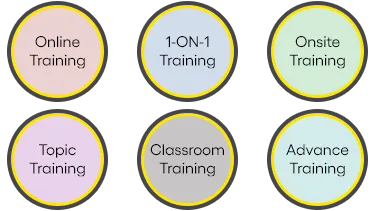Home » TECHNOLOGIES » Firewall
Learning Modes
Top Courses
Recent Posts







Firewall
A firewall is a network security device / software that monitors incoming and outgoing network traffic and decides whether to allow or block specific traffic based on a defined set of security rules.
Firewalls have been a first line of defense in network security for over 25 years. They establish a barrier between secured and controlled internal networks that can be trusted and untrusted outside networks, such as the Internet. An early type of firewall device, a proxy firewall serves as the gateway from one network to another for a specific application. Proxy servers can provide additional functionality such as content caching and security by preventing direct connections from outside the network. However, this also may impact throughput capabilities and the applications they can support. Basically, a firewall is a barrier to keep destructive forces away from your property. In fact, that’s why its called a firewall. Its job is similar to a physical firewall that keeps a fire from spreading from one area to the next. As you read through this article, you will learn more about firewalls, how they work and what kinds of threats they can protect you from.
There are several types of firewalls that have developed over the years, becoming progressively more complex and taking more parameters into consideration when determining whether traffic should be allowed to pass. Firewalls started off as packet filters, but the newest do much much more.
These firewalls act as a gateway between end users who request data and the source of that data. Host devices connect to the proxy, and the proxy makes a separate connection to the source of the data. In response, source devices make connections to the proxy, and the proxy make a separate connection to the host device. Before passing on packets to a destination address, the proxy can filter them to enforce policies and mask the location of the recipient’s device, but also to protect the recipient’s device and network.
Our Core Strengths
As a company with purpose, KPEC is built to lead in these areas
Training & Certification
Why Choose Us
- Instructor led online live
- The result is guaranteed
- Start from anywhere, anytime
- 1-on-1 (1 Instructor:1 Student)
- Classroom training
IT Consultancy
You can expect
- Server & client management
- Custom IT Solutions
- IT assessments
- Vendor specific solutions
- IT & business solutions
IT Support
ON-DEMAND IT
- Extensive IT Support
- Network Support
- Cloud Services
- Cyber Security and Audit
- IT for Small business
Professional Services
IT professional Services
- Troubleshooting
- Strategic planning
- Technical support
- Server maintenance
- General IT support
I am always ready to learn although I do not always like being taught.
Winston Churchill
Wisdom is not a product of schooling but of the lifelong attempt to acquire it.
Albert Einstein
Tell me and I forget, teach me and I may remember, involve me and I learn.
Benjamin Franklin
- We are happy to announce that we are a partner with EC-Council.

